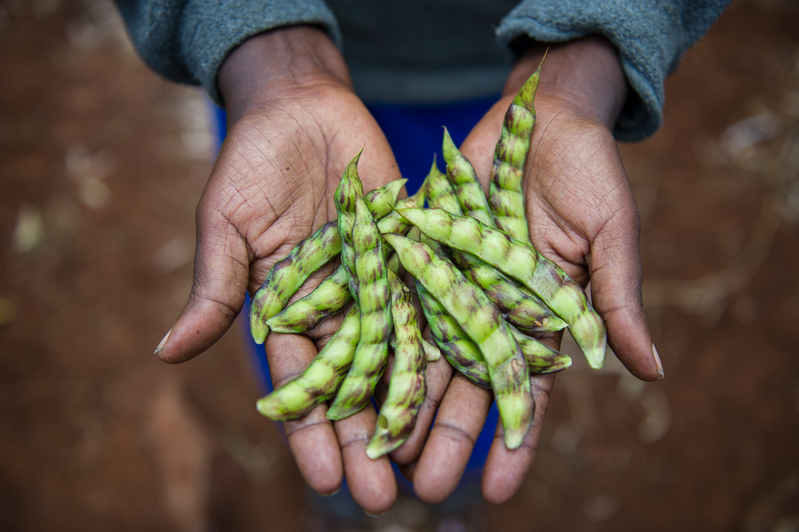What does toxic pesticides in the food mean for Kenyans? Asks Greenpeace Africa Campaigner Claire Nasike
Toxic pesticides and COVID-19
A couple of weeks back, my body was hit by general malaise, sore throat, nasal congestion, headache, muscular aches and fatigue. This occurring in the midst of the COVID-19 pandemic sent my brain into panic mode. Instinctively I befriended Dr. Google and after a series of web crawling events my brain came to a conclusion that I had certainly contracted COVID-19.
In a jiffy, I transformed from an agroecologist to a doctor and eventually a nutritionist. I stocked my house with all kinds of vegetables and fruits. Green, yellow, orange and purple, you name it. I religiously stayed away from consuming anything cold and any human interaction. A friendship between myself, warm water and the bedroom ensued. To beat insomnia and attain peace of mind. I frighteningly made the decision to take the COVID-19 test. The 7 day waiting period for the results was torturous. You can imagine my relief when the results came back negative.
Since the advent of the COVID-19 pandemic, health practitioners have called upon us to consume healthy diets to boost our immunity. This is because of the vital role played by food in the overall functioning of the body. It nourishes our bodies, gives it the required energy and helps the cells to repair and maintain themselves. Food is therefore essential to our survival.
Food contamination with toxic pesticide residues
Contradictory to this, is the food currently grown, sold and consumed in Kenya. This food is grown with toxic pesticides such as Permethrin that are capable of causing various illnesses such as cancer as a result of contamination. The World Health organization estimates that about 600 million – almost 1 in 10 people in the world – fall ill as a result of eating contaminated food and 420,000 die every year.
Most Kenyans are oblivious to the extent of the occurrence of the toxic pesticide residues in their food and the detrimental effects of these pesticides to their bodies, soil and water. This can be attributed to the disconnect between consumers and producers and the failure of the relevant bodies to inspect and update the Kenyan consumers on the status of their food.
Food producers are equally unaware of the toxicity of some of the pesticides they apply in food production. This can be termed as the failure on the part of the agricultural extension officers mandated with providing relevant and sufficient information to the farmers.
Relevant ministries such as the Ministry of Agriculture and government agencies such as the Pest Control Products Board have failed to safeguard Kenyan consumers from toxic pesticides by allowing the sale and use of these pesticides in Kenya.
Greenpeace Africa urges the Kenyan government to safeguard Kenyans against toxic pesticides.
Our water bodies are currently choking with pollution, soils are dying and slowly losing their fertility. Our biodiversity is disappearing from our farms and rising cases of food related illnesses as a result of the continued use of these toxic pesticides. Such acts of underperformance have prompted civil society organisations such Greenpeace Africa and Route to Food to rise up and demand for the ban of these toxic pesticides from use in Kenya.
You too can join us in asking for the ban on these toxic pesticides by signing the petition below.
Claire Nasike is an eco-blogger and Greenpeace Africa Campaigner based in Nairobi, Kenya. She is a Wangari Maathai Scholarship awardee, youth leader at the Global Landscapes Forum.
 Get Involved
Get Involved
